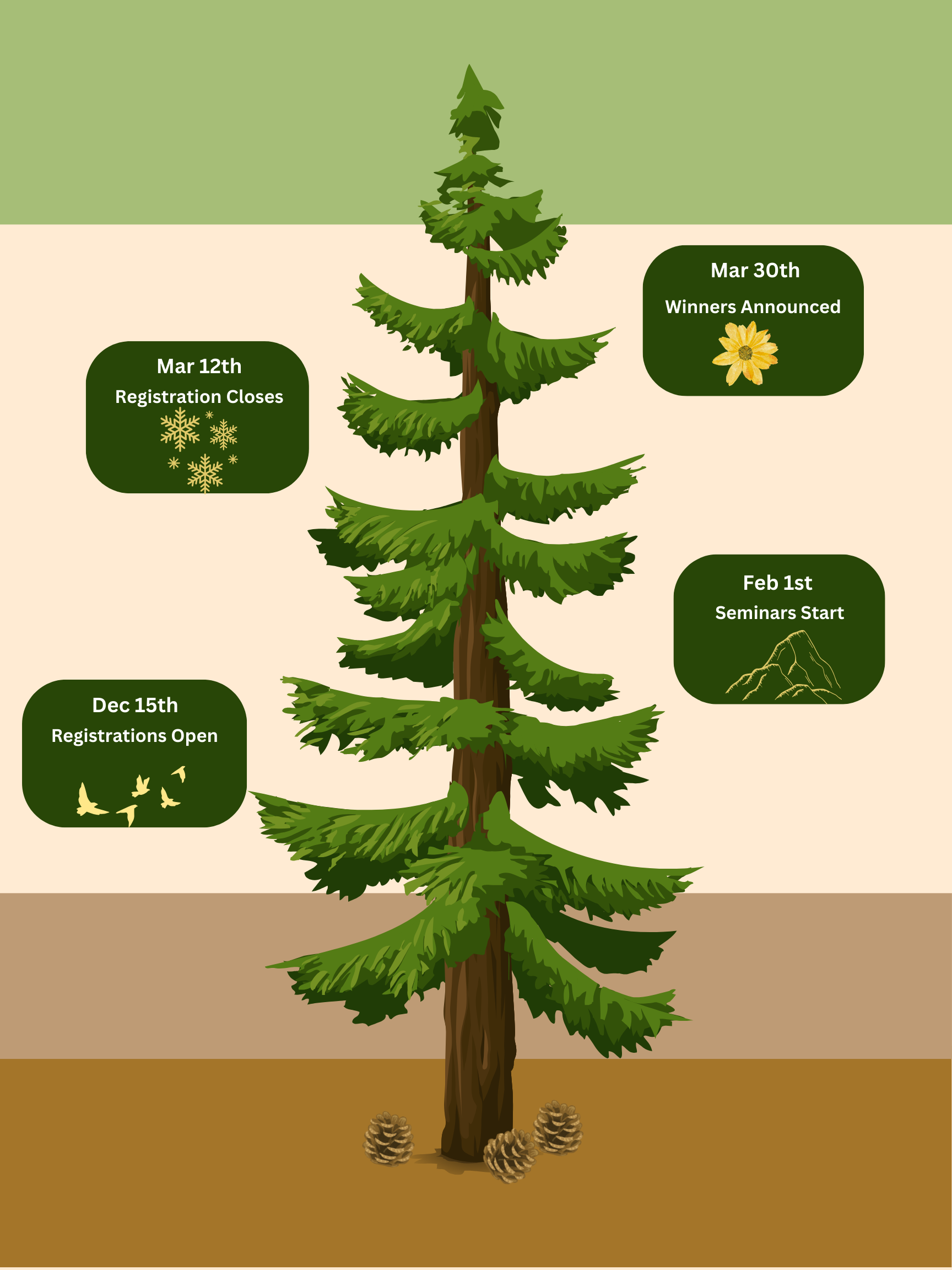Skyky Publishing Annual Essay Competition
2024-2025

Skyky Cultural Publishers invites young writers to refine and build upon their essay writing skills in its annual Literature Contest.
This contest provides a platform for students to improve their research and writing skills, in conjunction with writing seminars to further their development.
This contest provides a platform for students to improve their research and writing skills, in conjunction with writing seminars to further their development.
The Prizes
Research and Write

Sharpen your critical thinking in a competitive atmosphere
Challenge your writing against university-level criteria
Broaden your research understanding with unique prompts
Have your Writing Featured

Have your essays featured on Skyky Platforms (Website, newsletter)
Receive possible endorsements from Skyky
Participate in future Skyky writing events
Win Exclusive Prizes

Gain scholarships to Skyky’s literature camps
1st Prize – Full Scholarship ($6000) + Featured + Commendation
2nd Prize – Partial Scholarship ($3000) + Featured + Commendation
Runner-Ups – Featured on our platforms + Commendation
Join Our Community

Gain early access to Skyky’s exclusive writing programs, seminars, and events in the future.
Join a community of young ambitious writers and thinkers.
Connect with our extensive alumni network.
Competition Timeline

Literature Prompts
- “As long as she thinks of a man, nobody objects to a woman thinking.” Analyse the physical, psychological, and violent constraints placed upon feminine identity in literature or media.
- Analyse the transition from youth to adulthood in literature or media in at least two works that you’ve studied. What are the key thematic elements that are integral to the characters’ “coming of age?”
- Compare and contrast the presentation of two villains or anti-heroes in media or literature.
- Discuss the portrayal of guilt in two or more works. How is guilt central to the works’ ideas or themes?
- Compare and contrast the use of humour and pain in two pieces of media or literature.
- Discuss the organising structure of events in media or literature. How does the author use narrative disruption (e.g. misplacing the sequence of events through diversion, detour, impediment) impact the work’s central themes.
- Analyse the use and function of seemingly insignificant detail in at least two works of prose fiction that you have studied.
Competition Rules
1. You must be 17 or younger to participate in this competition, participants must be enrolled in an academic institution.
2. Students must have parental or guardian permission to participate
3. Your work must be original. It cannot be plagiarized or created from artificial intelligence.
4. Your essay must be based on one of our allocated prompts.
5. Your essay cannot exceed 1500 words. Proper citation required.
6. Your work must be submitted by March 1st, 11:59 pm.
7. Your work must be in Times New Roman 12 font and double spaced.
8. Your work must be submitted as a PDF.
